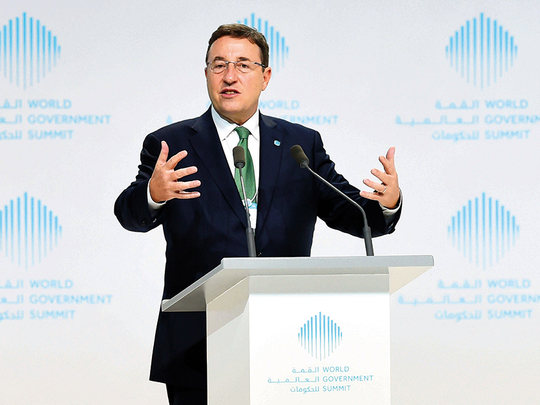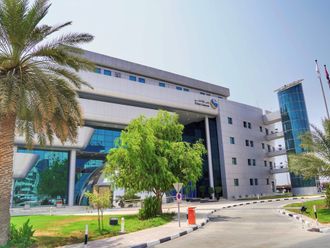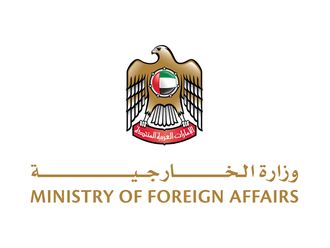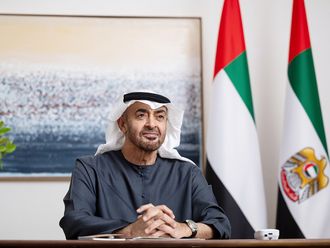
Dubai: Multilateral government policies are not always lofty, surreal realms out of touch with the society they govern, a top United Nations official said on Monday, the second day of the sixth World Government Summit being held in Dubai.
Some very real international programmes can make a tangible difference to people’s lives, especially in times of disaster, said Achim Steiner, administrator of the United Nations Development Programme (UNDP).
Steiner is an expert on the environment and was appointed to the UN’s lead development agency early last year.
In an opening address to some of the 4,000 delegates attending the sixth annual World Government Summit, Steiner pointed to the continuing drought conditions in Ethiopia since the 2015 El Nino effect on the region which has left 8.5 million people in dire straits.
In comparison to the billion-dollar economies of the Davos sphere, Steiner told delegates, within 24 hours of the Swiss economic forum, he travelled to Ethiopia where the conditions are dismal.
“This drought is far worse than any drought in history,” he said, adding that thanks to disaster management plans in place by the UN and a multitude of relief agencies, countless lives were saved from famine and drought.
“In this case, we averted famine … food and government support was able to avert disaster so often seen,” Steiner said.
Such examples of multilateral efforts are sound counters to views that governments “are becoming redundant or less central,” Steiner said.
In the digital future, governments must continue to live up demands of their peoples via “social contract”to provide services, not just policies that ensure economies continue to flourish, he said.
“While the economy may be a foundation, it is not a destination in itself,” Steiner said.
In a separate panel discussion on technology and smart living, Karuna Gopal, president of the Foundation for Futuristic Cities, said smart living means also looking after those who are least able to look after themselves.
“Smart living is about giving quality of life, it’s all about infusing dignity,” she said, adding that technological advances need not only be for the wealthier classes.
Osman Sultan, CEO of du telecom in the UAE, said technology also provides an opportunity to make life better for all.
He said technology “is changing everything we do and everything we touch.”












